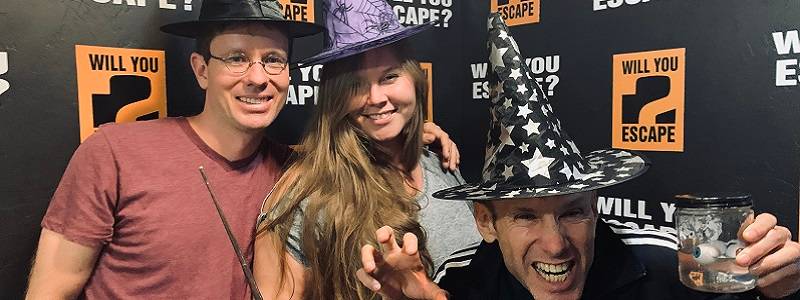Dr. Robert Lubarsky
Education
- Ph D in Mathematical Logic, MIT, 1984
Research Interests
Constructive mathematics, higher computability (a.k.a. recursion) theory, set theory
Research Description
Constructive mathematics can be understood as mathematics without the use of the Principle of the Excluded Middle; that is, without assuming that every assertion is either true or false. Without Excluded Middle, theorems of classical mathematics (i.e. with Excluded Middle) are often no longer valid.
I show non-validity results, by building models in which these classical theorems do not hold. A side benefit of so doing is that the technology for model building is thereby extended.
Higher computability studies generalized computation, which involves procedures that cannot actually be carried out on physical machines, such as transfinitely many steps, but still retain much of the flavor and spirit of real-life computation. The goal is often to find the ordinal closure point of a natural class of such machines.
My interests in set theory are with forcing and large cardinals.
Recent Publications
- Higher-order feedback computation, joint with Leonardo Pacheco and Juan P. Aguilera, in Twenty Years of Theoretical and Practical Synergies, Proceedings of CiE 2024, Lecture Notes in Computer Science #14773, Springer, 2024, pp. 298-310; also, journal version, in preparation
- On the Necessity of Some Topological Spaces, in Revolutions and Revelations in Computability, Proceedings of CiE 2022, Lecture Notes in Computer Science #13359, Springer, 2022, pp. 162-171; also (with Taras Banakh) an extended version in Computability, to appear
- Inner and Outer Models for Constructive Set Theories, in the Handbook of Constructive Mathematics, Cambridge University Press, 2023, ch. 22, pp. 584-635
- Feedback Hyperjump, Proceedings of LFCS 2020, Lecture Notes in Computer Science #11972, Springer, 2020, pp. 144-155; also, joint with Juan Aguilera, an improved version at
Journal of Logic and Computation, Volume 31, Issue 1, January 2021, pp. 20-39, https://doi.org/10.1093/logcom/exaa085
- Notions of Cauchyness and Metastability (joint with Hannes Diener), Proceedings of LFCS 2018, Lecture Notes in Computer Science #10703, Springer, 2018, pp. 140-153; also an improved version at
Journal of Logic and Computation, Volume 30, Issue 8, December 2020, pp. 1487-1504, https://doi.org/10.1093/logcom/exaa046
More Publications
Scholarly Activities
Faculty Website




